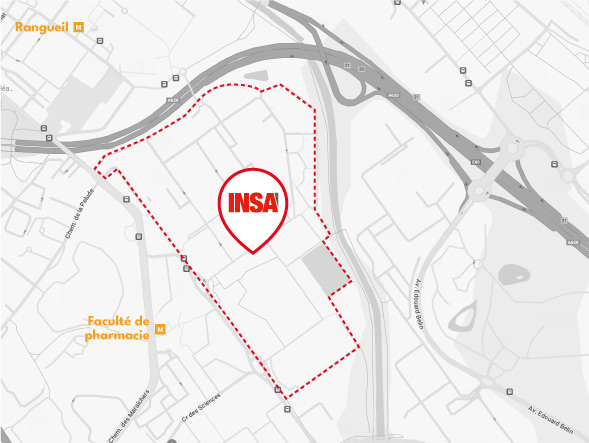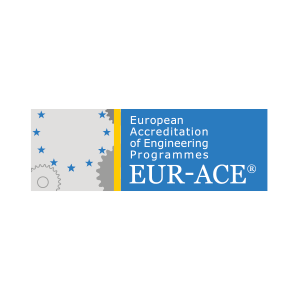Gas Sensor
Description
Objectifs
At the end of this module, the student will have understood and be able to explain (main concepts):
- the approach and the different steps for the conception and realization of a micro- and nano-electronic by integration of nano-objects synthesized as a colloidal solution;
- the operating model of a nano-sensor
the student will have understood and be able to explain:
- the main concepts and the experimental practices about nano-object synthesis and stabilization of colloidal solutions;
- the main concepts and the experimental practices about deposition of nano-objects from a solution into 2D and 3D arrays on a surface;
- the physical principles of nanoparticles based sensors (gaz sensor, strain sensor ¿).
The student will be able to:
- produce a sensor relying on nanoparticle arrays with particles synthesized and assembled during the project;
- measure the sensor properties and describe how it works;
-discuss the results obtained and suggest improvements..
The student will be able to:
- suggest a reasonable solution for the realization of a sensor gathering the different concepts described above;
- produce an expertise on the conception and the practical realization on a novel sensor.
Pré-requis
Master 1 in Physics, Applied Physics, Chemistry or Material Science or equivalent
Évaluation
L’évaluation des acquis d’apprentissage est réalisée en continu tout le long du semestre. En fonction des enseignements, elle peut prendre différentes formes : examen écrit, oral, compte-rendu, rapport écrit, évaluation par les pairs…
En bref
Crédits ECTS : 5.0
Nombre d’heures : 34.0

INSA Toulouse
135 avenue de Rangueil
31077 Toulouse cedex 4
Tél : 05 61 55 95 13
Fax : 05 61 55 95 00

Dans un souci d'alléger le texte et sans aucune discrimination de genre, l'emploi du genre masculin est utilisé à titre épicène.











